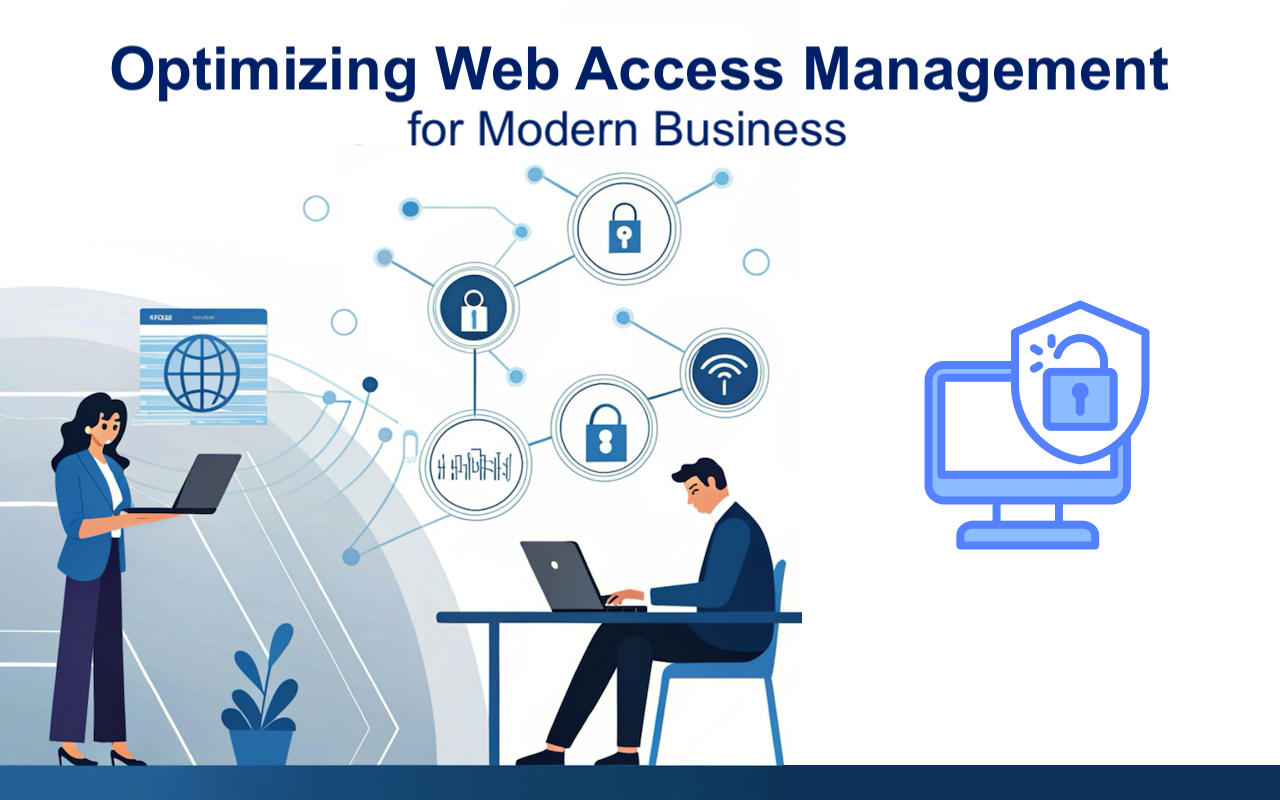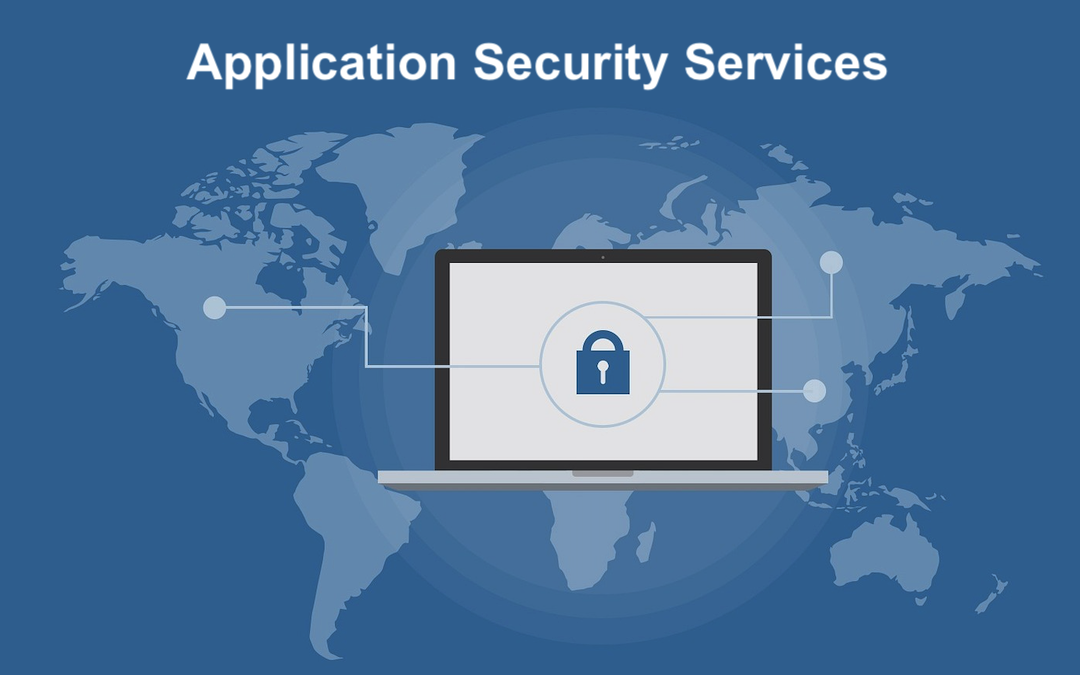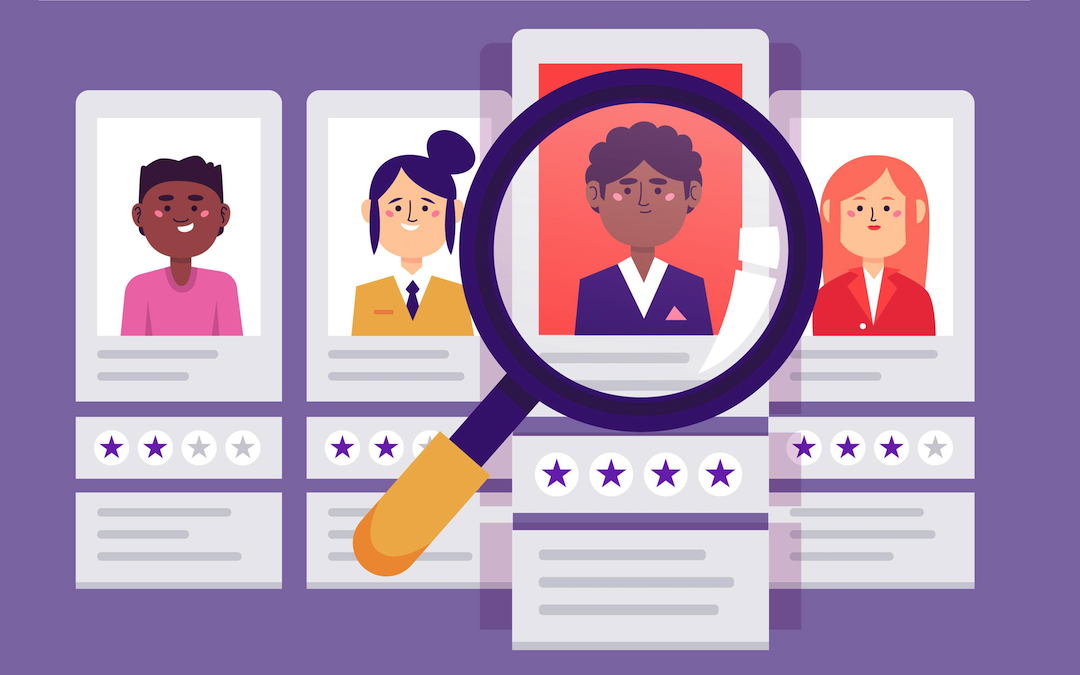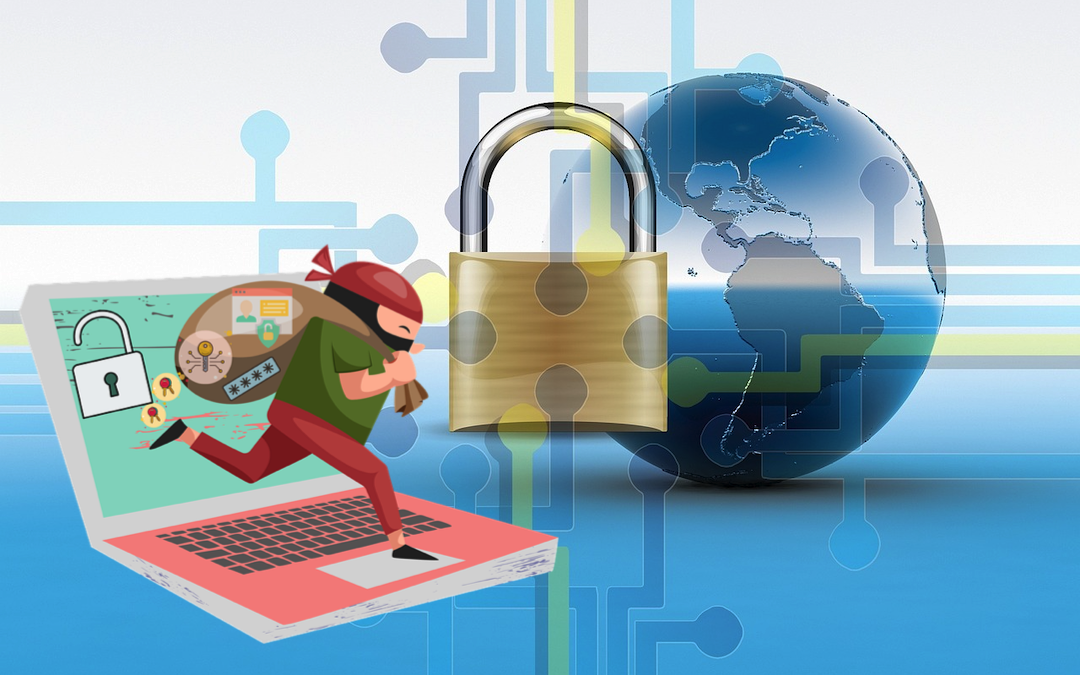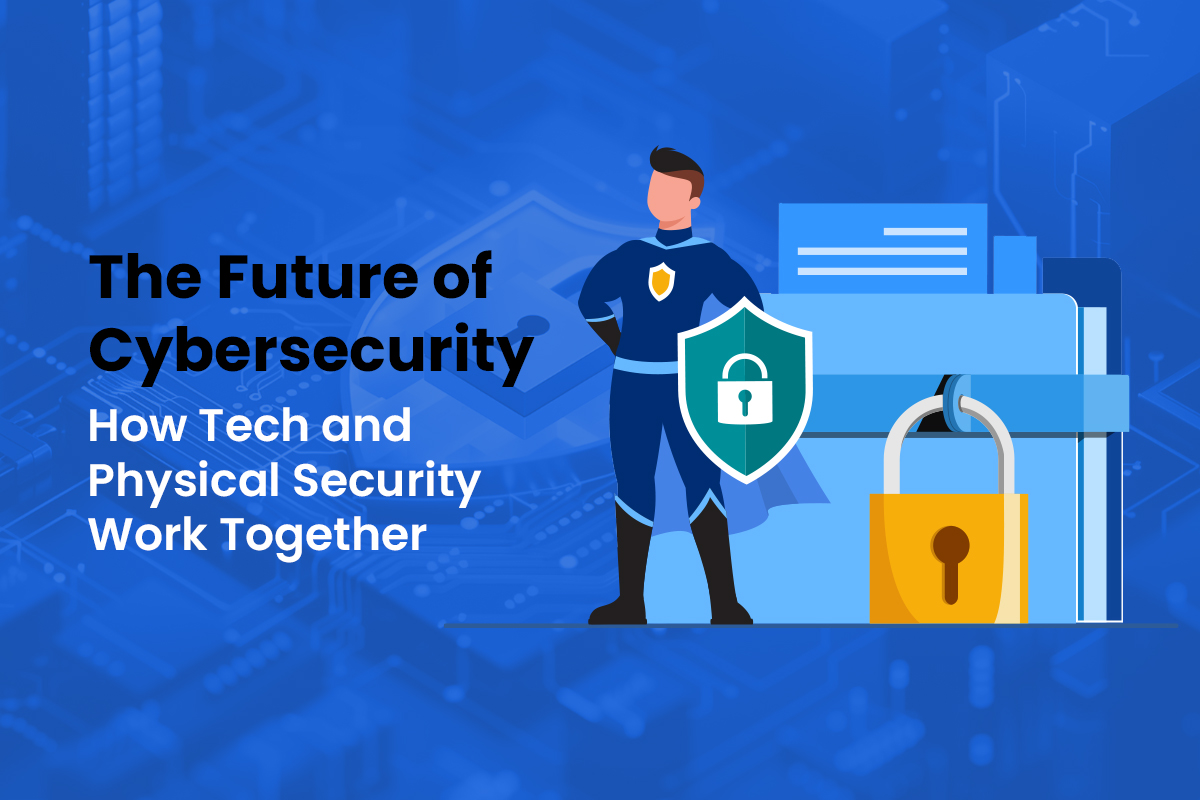
Cybersecurity has grown increasingly sophisticated, with an ever-expanding number of digital threats targeting personal, corporate, and government data. As technology advances, so do the methods used by cybercriminals, making it crucial for organizations and individuals to stay one step ahead. However, cybersecurity isn't just about digital tools; physical security plays an equally important role. Let’s look at how the fusion of digital and physical security methods enhances protection against cyber threats.


